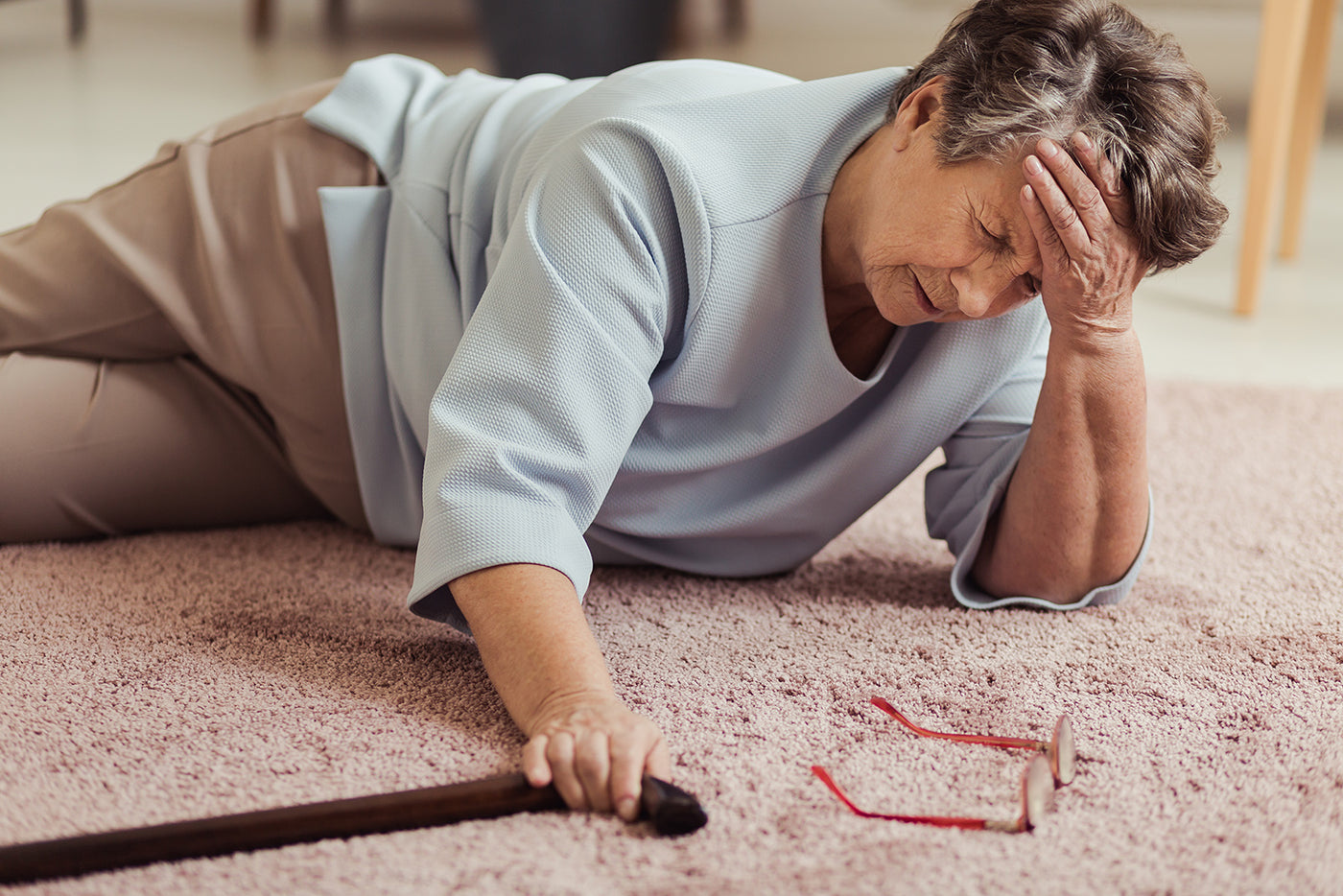
Each September, the National Council on Aging (NCOA) works to raise awareness around the prevalence of falls among older adults, along with tips, tools and resources to prevent falls from happening – a goal more important this year than ever before, as many experts fear the possibility of falls representing a second wave of the pandemic.
Just recently in fact, this study hypothesized that “in the coming months and years there will be a substantial increase in the number of falls in older adults as consequences of less physical activity during the COVID-19 pandemic.”
But the study has a silver lining: the researchers also speculated that there were ways to reduce the possibility for falls, by increasing physical exercise. This recommendation is in line with the NCOA goals for Fall Prevention Awareness Week, which supports the idea that falls are not a byproduct of aging, and almost all of them are preventable.
This September, we join the NCOA in its initiative to take an empowered approach to eliminating falls, with the following tips:
- Home Safety: Your home is where you have the most control over your own safety and making a few modifications can do a lot to ensure your peace of mind. Providing bright light across hallways and staircases can prevent missteps at night, especially if you have a light switch at both ends to use as needed. Also, check for tripping hazards in your home such as raised doorways or rugs and remove or secure them when possible.
- Outdoor Falls: Being aware of tripping hazards and staying in lighted areas is also important outdoors. For this reason, it may be preferable to keep to well-maintained areas for exercise or walk in groups and look out for each other. No matter the setting, taking your time can be your easiest strategy for avoiding falls.
- Preventing Falls with Pets: Small pets can also serve as a tripping hazard sometimes, and for that reason it may be helpful to consider putting a bell on your pet’s collar to alert you when they are near your feet. It is also important to be able to prevent your pet from jumping on you or others who may experience balance issues. For this reason, obedience school and/or keeping a double-handed grip on a leash is a good idea if your pet can be excitable.
- Assistive Devices: A multitude of assistive devices exist which can help you move through life safely, such as single point canes, quad canes, and a variety of walkers, but no single option works best for everyone. It is important to consult a doctor, physical therapist, or occupational therapist about what would work best for your individualized needs for maximum safety and comfort in preventing falls.
- Medication Awareness: Certain medications and combinations of medications can have side-effects conducive to falling such as dizziness, loss of balance, drowsiness, and more. For this reason, it is important to take your medication as directed, be aware of potential side-effects, and take note if you experience any. For added safety, bring all medications you take into your doctor or pharmacist for verification that they will not interact harmfully or to see if a more favorable alternative can be reached less likely to induce falls.
- Vision: Vision problems serve as a leading cause of falls due to a correlation with balance issues and decreased walking capabilities, which also may result in a subsequent decline in activity. In order to prevent vision problems from interfering with your daily life, get your eyes checked annually or whenever you notice problems to keep vision-related prescriptions up to date. If you still struggle to see clearly, talk to your doctor about low vision services.
- Talking with Your Doctor About Fall Risks: As several of the tips above highlighted, your doctor’s advice can be a valuable tool in preventing falls. Your physician can provide personalized advice on what kinds of exercise and outside resources could be helpful for you, as well as issue referrals to specialists on vision, occupational therapy, and more. When in doubt, rely on the professionals there to help you meet your needs and keep yourself safe.

 1-800-916-0138
1-800-916-0138